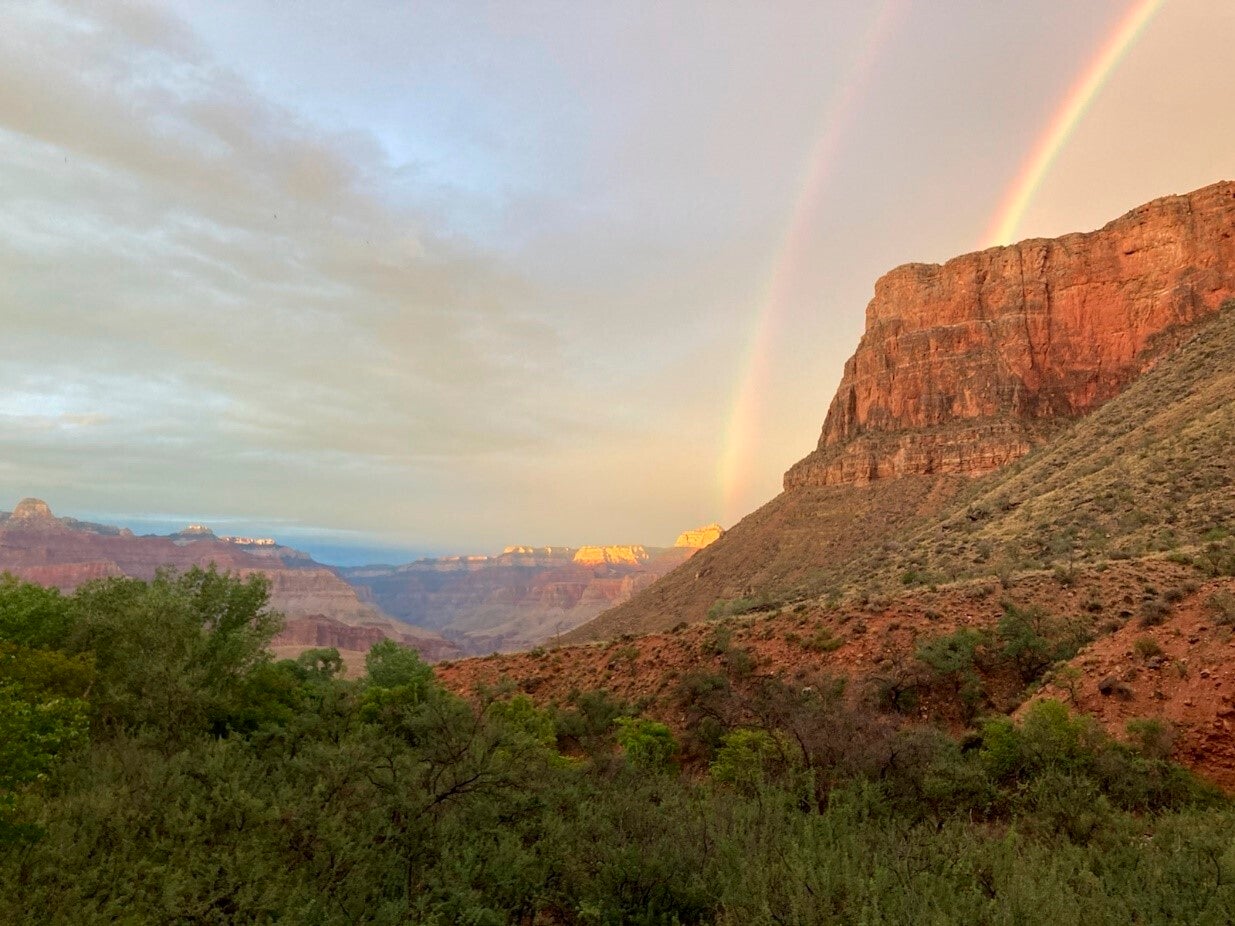Grand Canyon park changes campground name that haunted tribe
The Indian Garden name assigned to a popular Grand Canyon campground has been changed out of respect for a Native American tribe that was displaced by the national park

Your support helps us to tell the story
From reproductive rights to climate change to Big Tech, The Independent is on the ground when the story is developing. Whether it's investigating the financials of Elon Musk's pro-Trump PAC or producing our latest documentary, 'The A Word', which shines a light on the American women fighting for reproductive rights, we know how important it is to parse out the facts from the messaging.
At such a critical moment in US history, we need reporters on the ground. Your donation allows us to keep sending journalists to speak to both sides of the story.
The Independent is trusted by Americans across the entire political spectrum. And unlike many other quality news outlets, we choose not to lock Americans out of our reporting and analysis with paywalls. We believe quality journalism should be available to everyone, paid for by those who can afford it.
Your support makes all the difference.For years, the Indian Garden name assigned to a popular Grand Canyon campground has been a painful reminder for a Native American tribe that was displaced by the national park.
Now, the name will finally be changed.
The Havasupai Tribe and Grand Canyon National Park announced Monday that Indian Garden will be renamed Havasupai Gardens.
The U.S. Board on Geographic Names gave unanimous approval this month to the request from the National Park Service on behalf of the tribe, known internationally for the towering blue-green waterfalls on its reservation.
The area, about 4½ miles (7.2 kilometers) down the popular Bright Angel Trail on the South Rim, originally was called Ha’a Gyoh by the tribe. But by 1928, the park service had forcibly removed the last Havasupai resident from the inner canyon where his family had farmed for generations to make way for trails and a ranger station.
The park service later built a handful of small cabins for tribal members on the South Rim. The Havasupai reservation lies deep in a gorge off the Grand Canyon and is accessible only by mule, foot or helicopter.
“The eviction of Havasupai residents from Ha’a Gyoh coupled with the offensive name, Indian Garden, has had detrimental and lasting impacts on the Havasupai families that lived there and their descendants,” Tribal Chair Thomas Siyuja Sr. said in a statement. “The renaming of this sacred place to Havasupai Gardens will finally right that wrong.”
Grand Canyon Superintendent Ed Keable said he is proud of the collaboration with the Havasupai Tribal Council.
“This renaming is long overdue," Keable said in a statement. “It is a measure of respect for the undue hardship imposed by the park on the Havasupai people.”